How to Convert Polite form into Plain form 1-dan verb 5-dan verb いadjective なadjective/ noun non past affirmative (dictionary form)Click…


How to Convert Polite form into Plain form 1-dan verb 5-dan verb いadjective なadjective/ noun non past affirmative (dictionary form)Click…

Connection いadjective: change the last い into くなadjective: add に Explanation An adjective describes a noun whether it’s placed before…

This post explains how how to use ~の with Japanese adjectives in the same way as the English “one” (as in a “white one” or “large ones”) in Japanese.

How to make てform Connection ~ [てform] … Meaning ~ and ・・・In case of 2 verbs connected, the actions happened in…
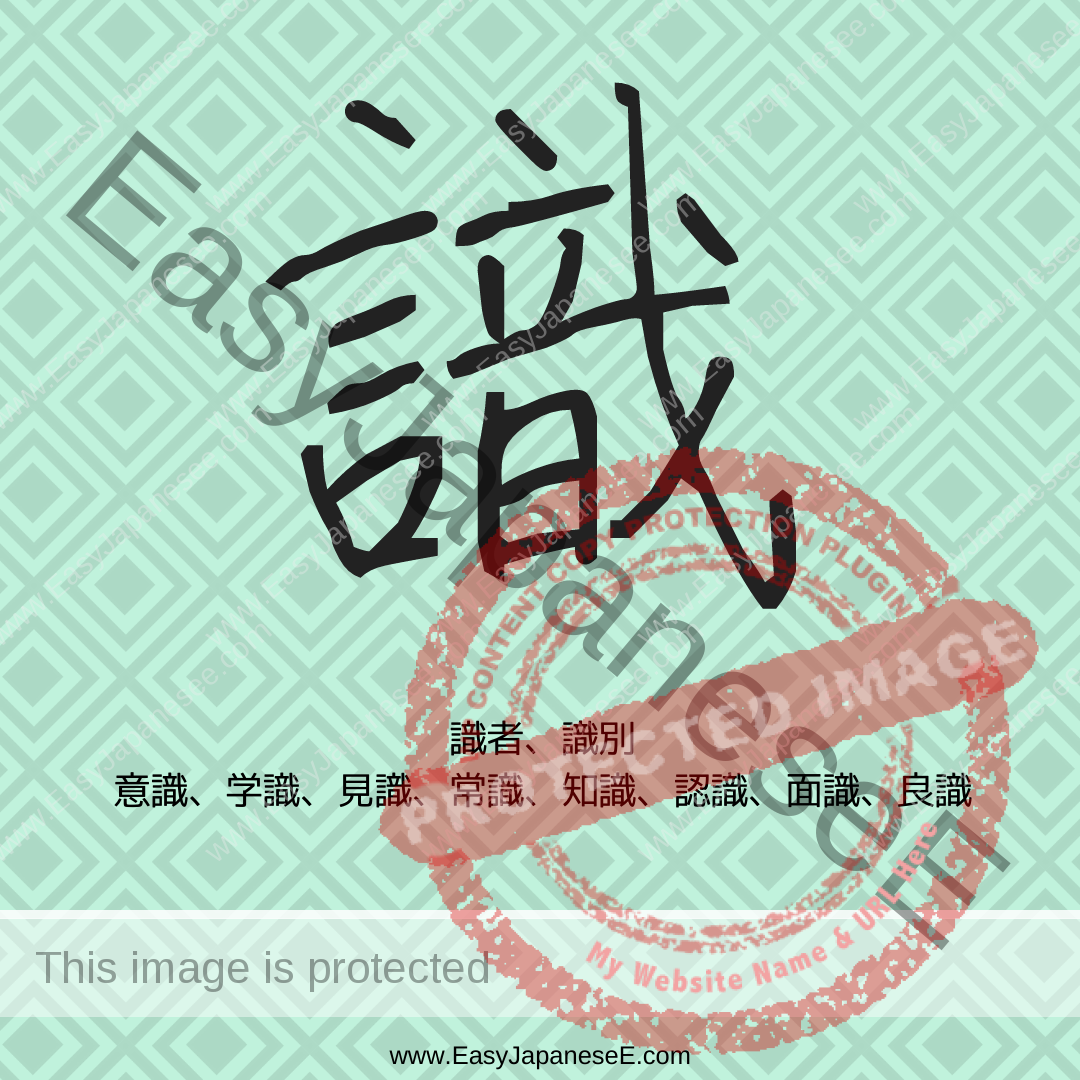
Today’s #kanji is 識, which is made of its semantic element of #ごんべん(言) and phonetic element of 戠. 戠 is not listed in the 常用漢字(ジョウヨウカンジ) list
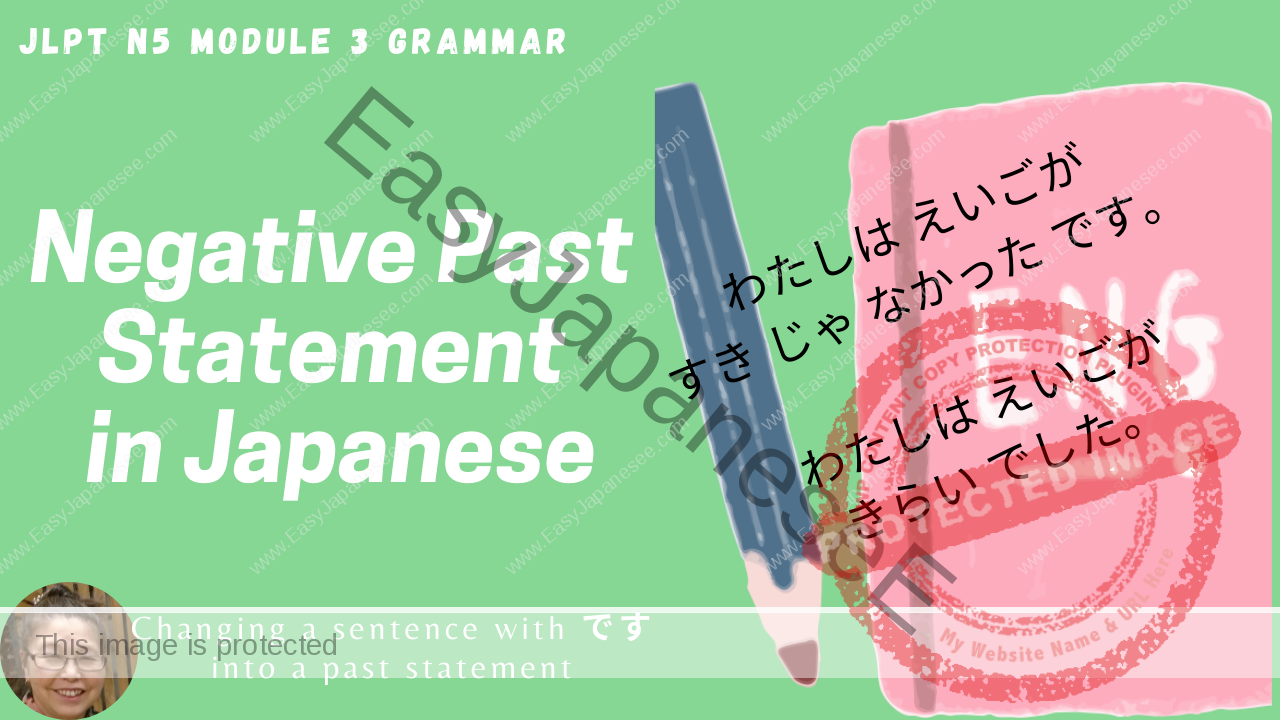
Connection [noun] は [いadjective stem] くなかったです。(いadjective stem means an いadjective without the last い)[noun] は [noun]/[なadjective] じゃなかったです。[noun] は [noun]/[なadjective] ではなかったです。[noun]…

Connection [noun] は [いadjective stem] かったです。(いadjective stem means an いadjective without the last い)[noun] は [なadjective] でした。[noun] は [noun] でした。…

This post explains how to change polite form sentences “~は・・・かったです” or “~は・・・でした” (in English ~ was・・・) into the plain form in Japanese.

This post explains how to translate “~wasn’t/weren’t・・・” into the plain form Japanese. There are a few different correct patterns.

This post explains how to translate “~ am/are/is NOT・・・” into the plain form Japanese.

This post explains how to translate “~ am/are/is・・・” in the plain form Japanese. You need to be careful we don’t use だ after an いadjective.
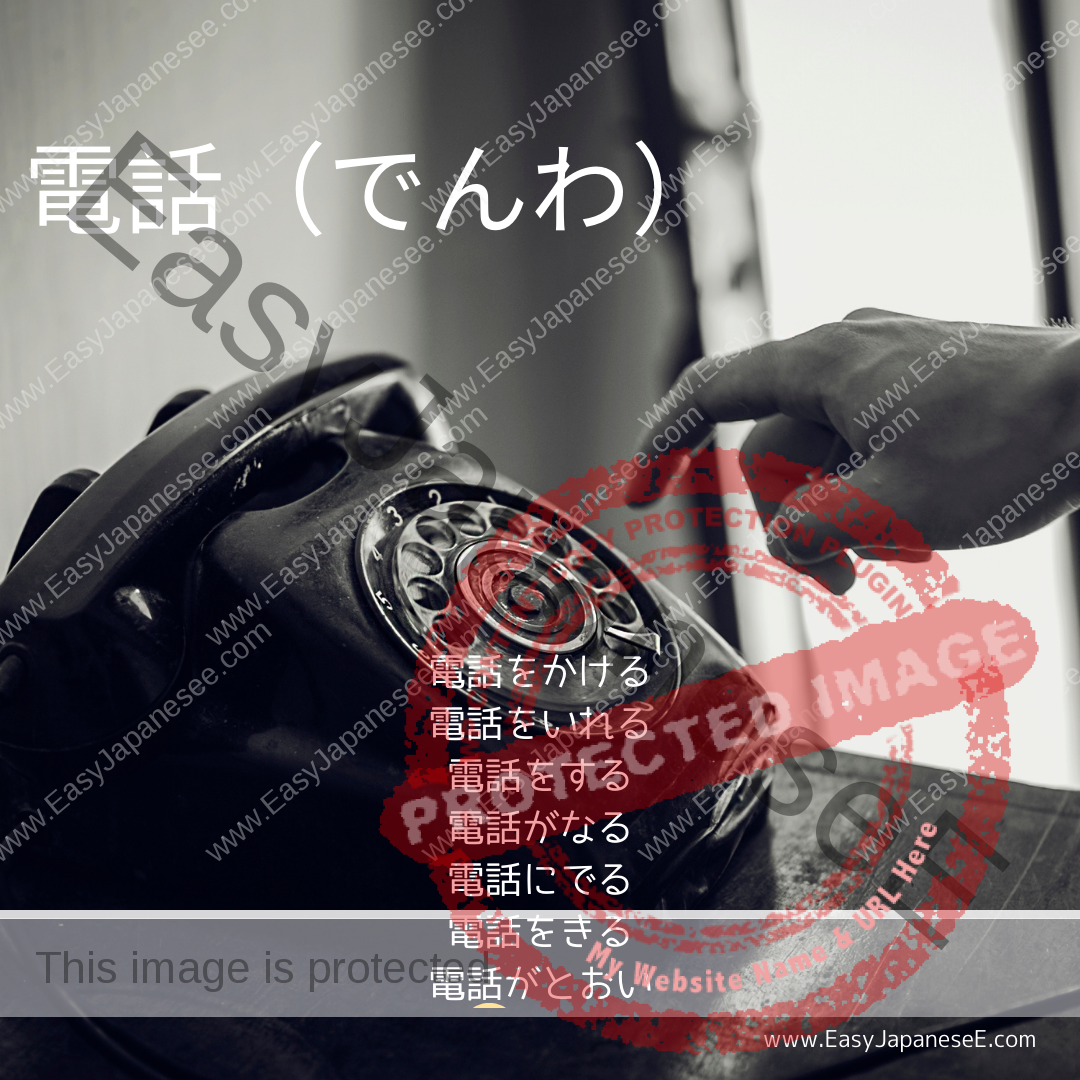
電話(でんわ) is a part of our life and we use it all the time, but do you know these expressions related…
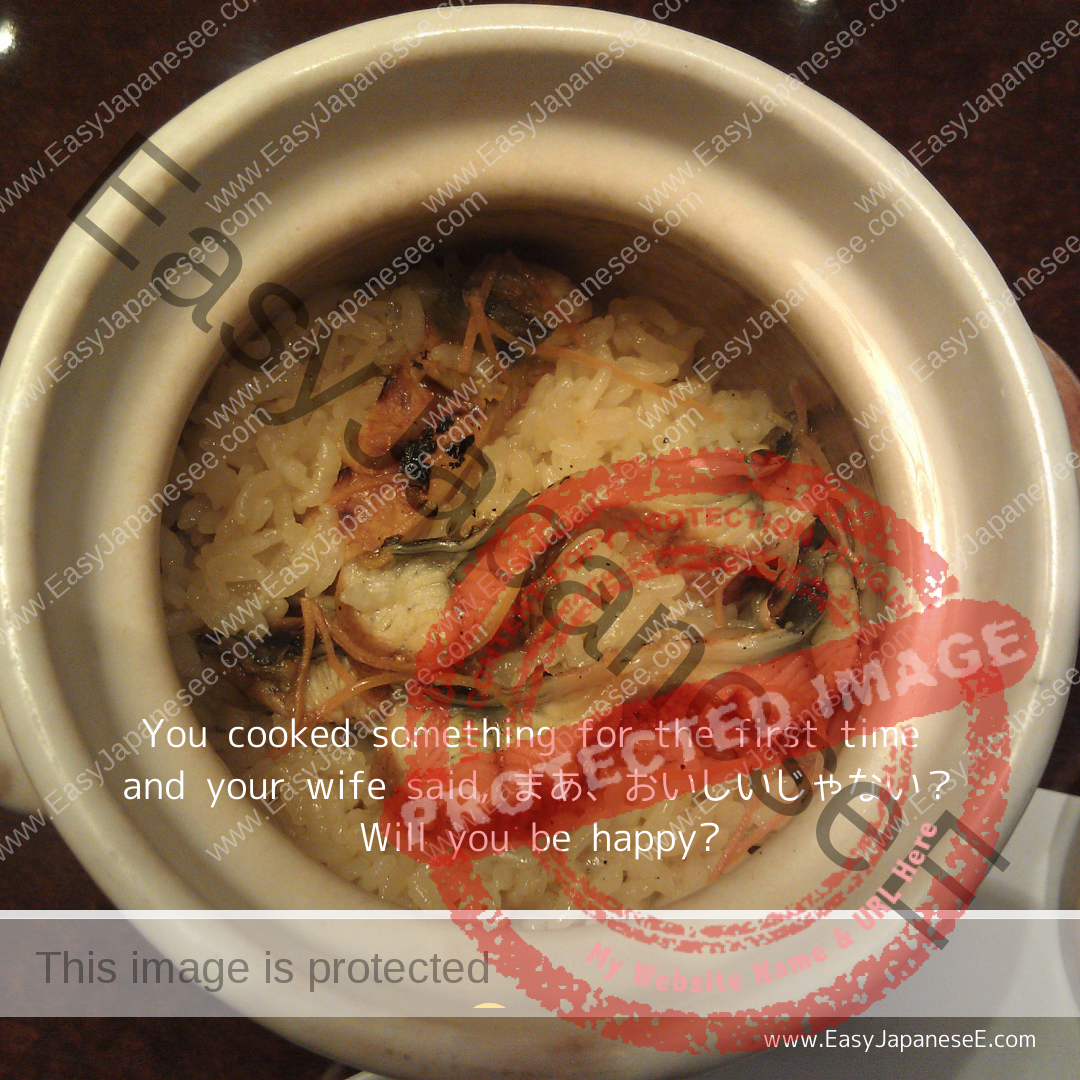
Today’s Question You cooked something for the first time and your wife said, まあ、おいしいじゃない?Will you be happy? Today’s Grammar Point:…
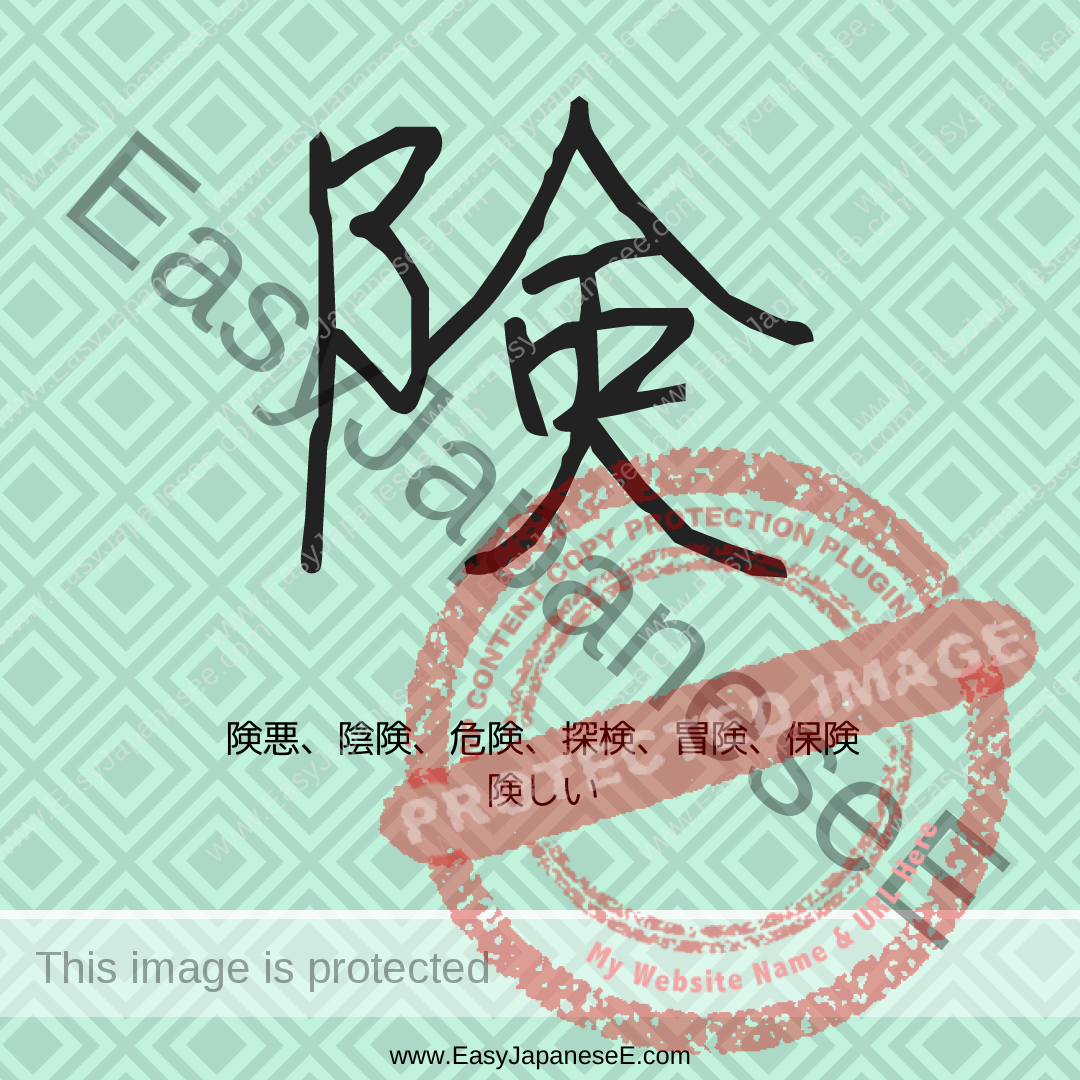
Today’s #kanji is #険, which is made of its semantic element of #こざとへん(阝) and phonetic element of 僉, although 険 and 僉 don’t share a sound any more.
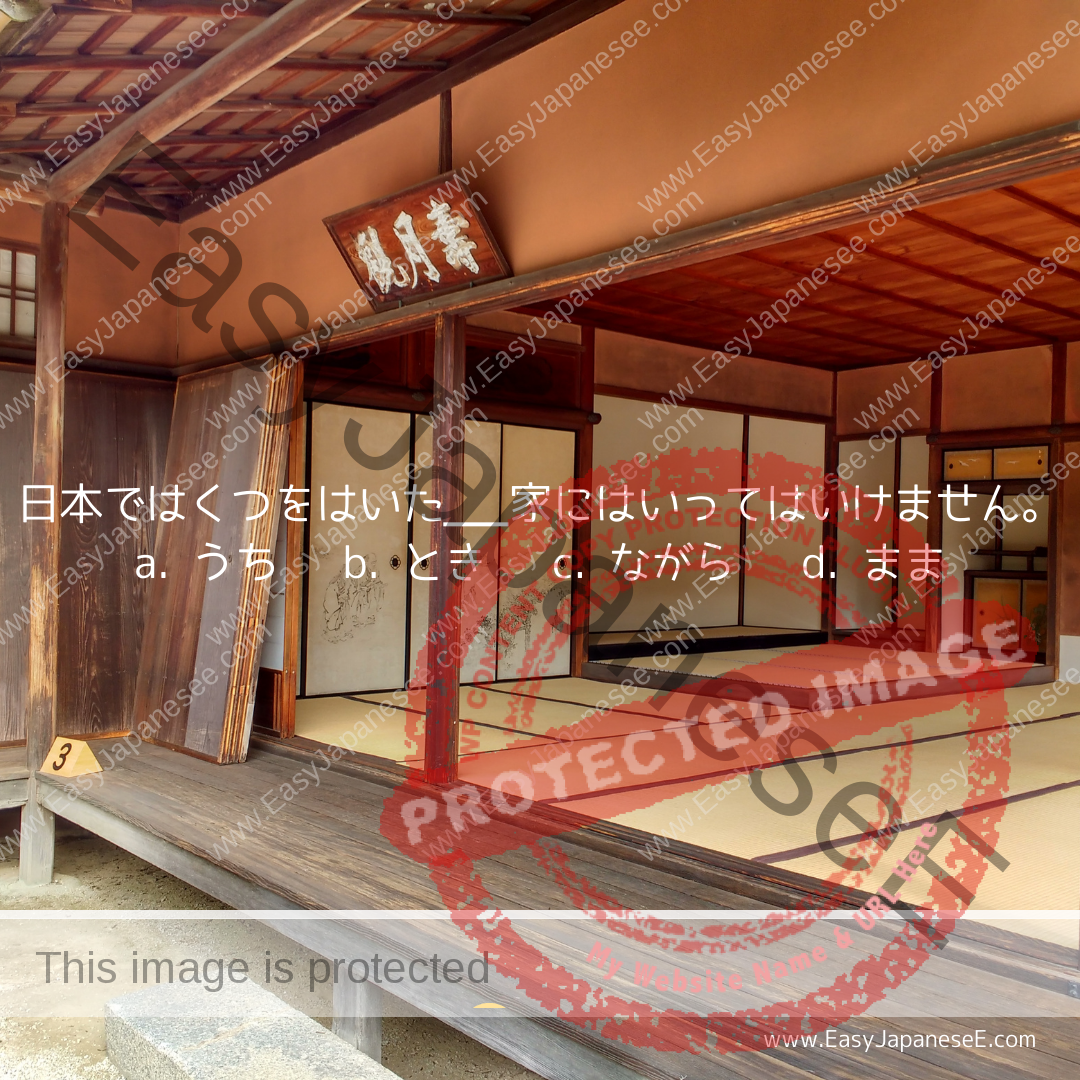
Today’s Question 日本にほんではくつをはいた 家いえにはいってはいけません。a. うち b. とき c. ながら d. まま Today’s Grammar Point: ~まま… Connection [past plain verb] + まま…[non-past…

Today’s Question ジョンさんは三か月でこの小説(しょうせつ)を__上あげた。a. かいた b. かいて c. かき d. かく Today’s Grammar Point: ~上あげる/~上あがる Connection [verb stem] + 上げる[verb stem]…
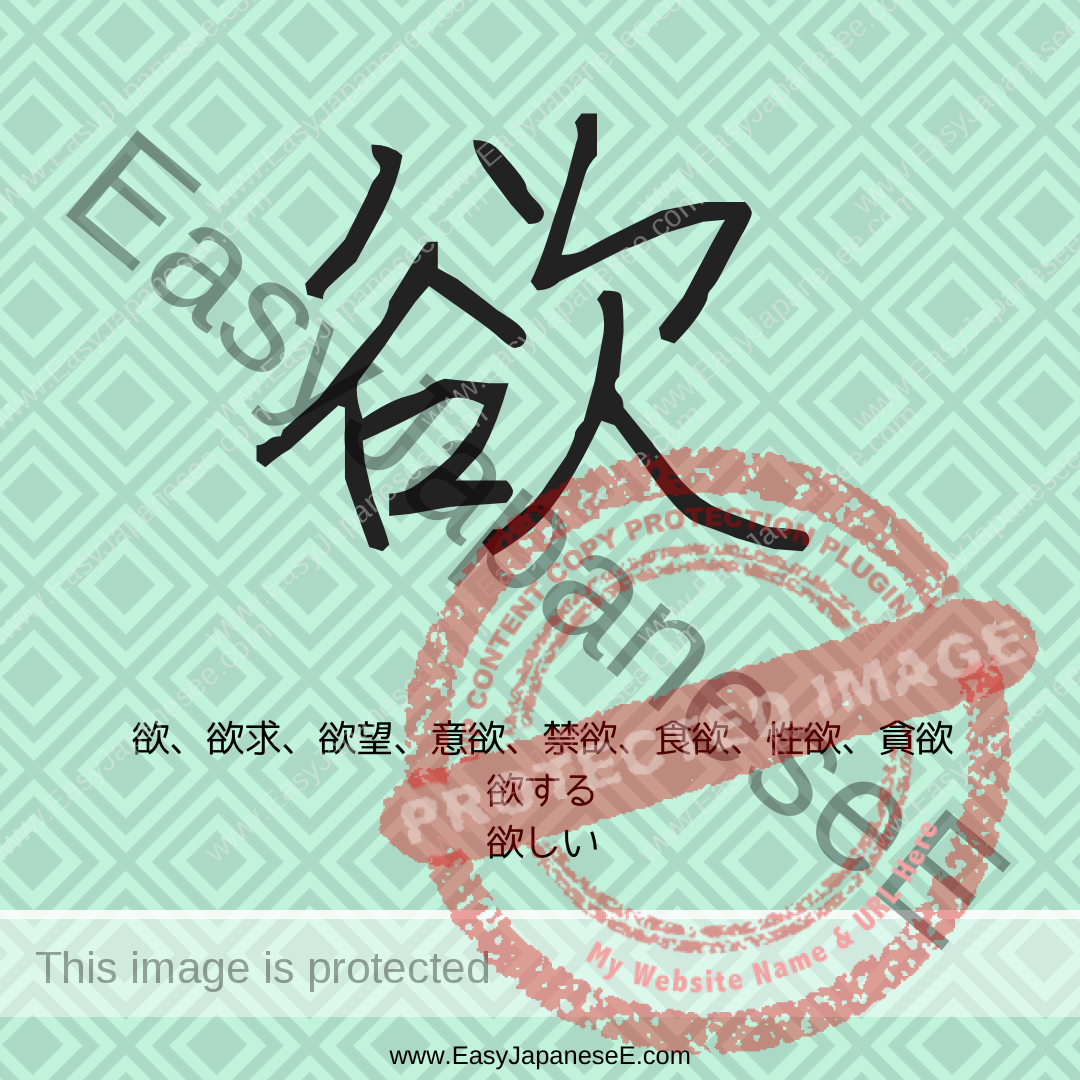
Today’s #kanji is #欲, which is made of its semantic element of #けんづくり(欠, an open mouth) and phonetic element of…
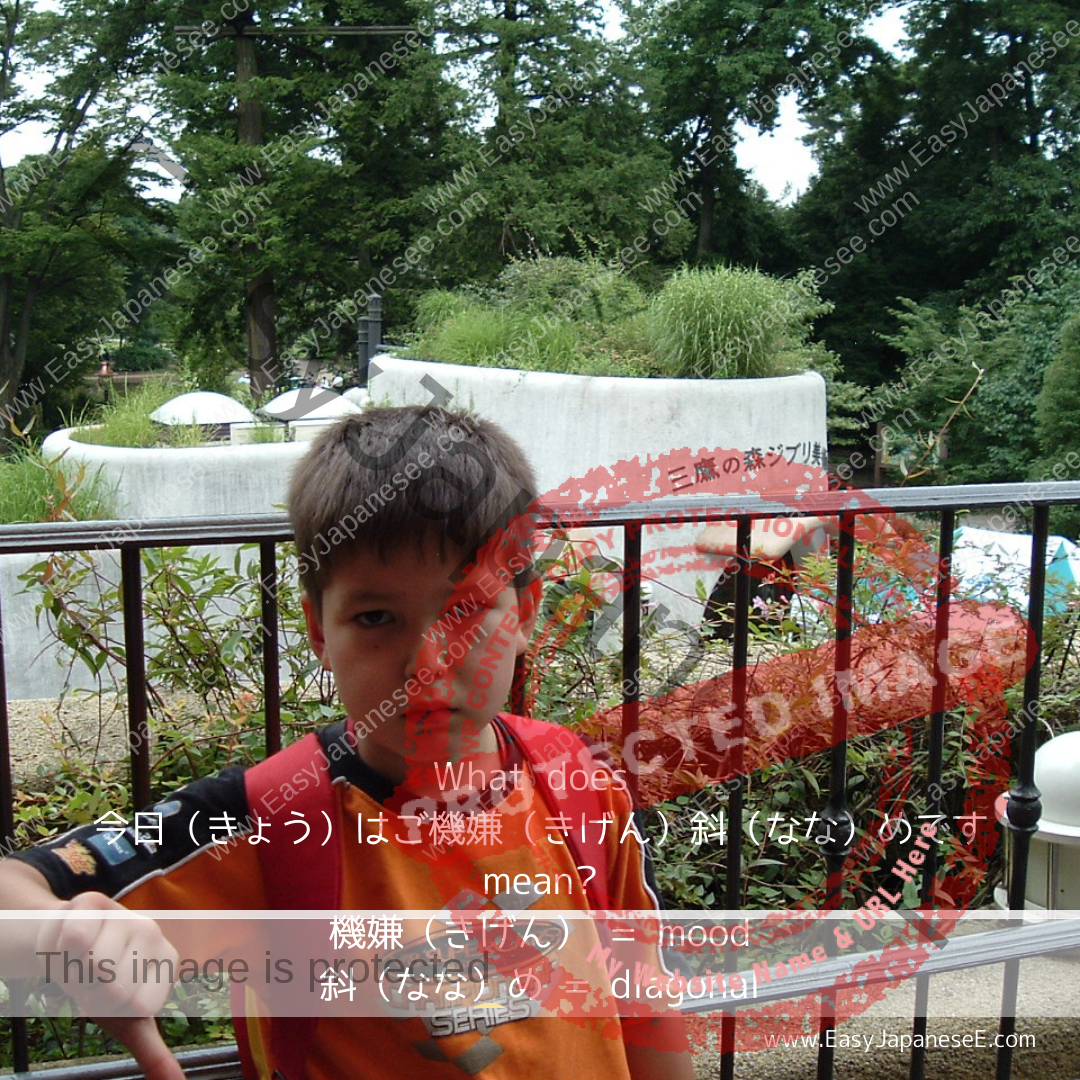
What does今日(きょう)はご機嫌(きげん)斜(なな)めですmean? 機嫌(きげん) = mood斜(なな)め = diagonal usage of 機嫌(きげん) 機嫌(きげん)がいい = to be in a good mood機嫌(きげん)が悪(わる)い = to…

Today’s Question 傘(かさ)がないから雨(あめ)が止(や)むまで待(ま)つ____ない。a. さえ b. しか c. だけ d. まだ Today’s Grammar Point: ~しかない/~ほかない Connection [dictionary form verb] + しかない…
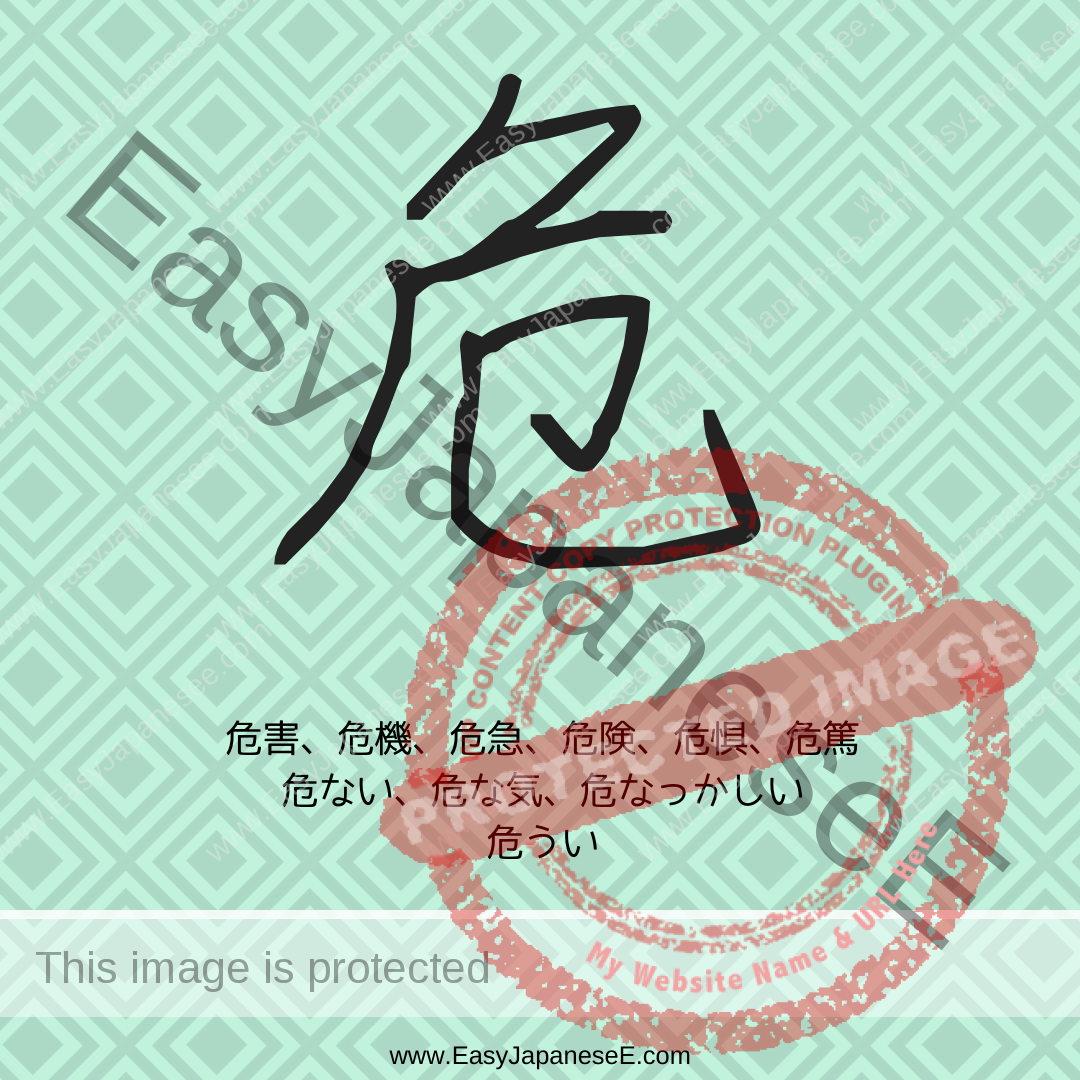
Today’s #kanji is #危, which is a compound ideograph between 厃 (a person on a cliff) and the variant of…
